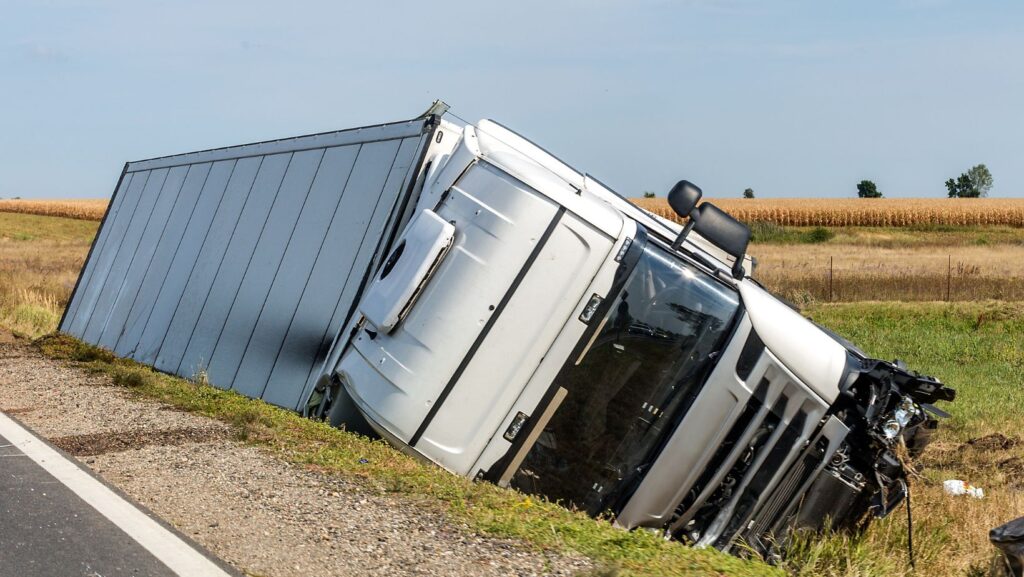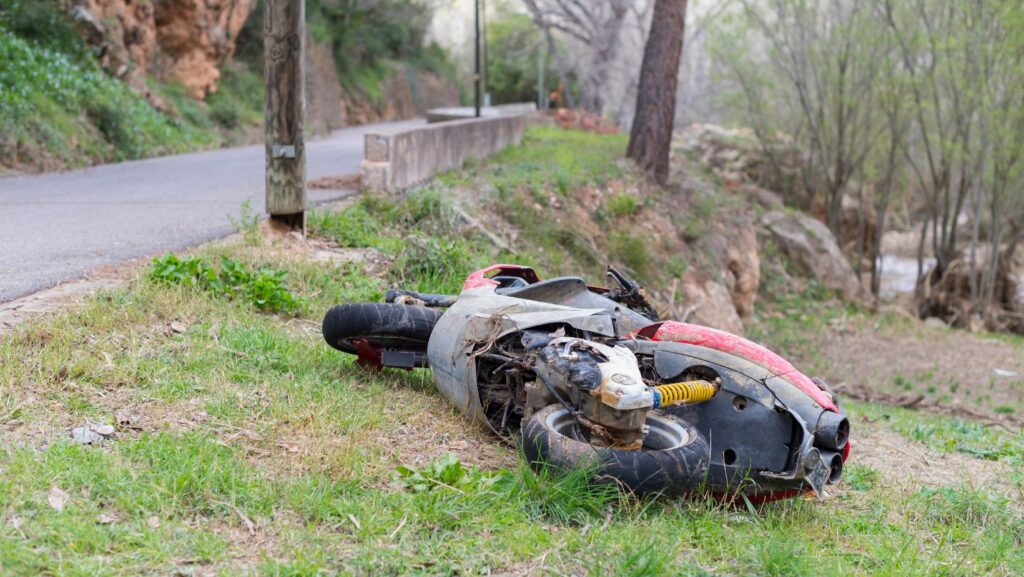
As vehicle technology continues to make significant strides toward enhanced luxury and safety, sunroofs have become one of the most sought-after features in cars, ranging from SUVs to sedans. Not only do sunroofs elevate a vehicle’s aesthetic appeal, but they also improve cabin brightness and create a more inviting atmosphere inside. However, with the rising number of rollover accident cases, many drivers are left wondering: just how safe is my car in the event of a rollover crash?
Understanding the safety implications of having a sunroof is crucial, especially since rollover accidents can lead to severe injuries and fatalities. Consulting an experienced attorney like Rich Godshall can provide valuable insights into how sunroofs may affect your vehicle’s safety and liability in such incidents.
Let’s take a look at the safety aspects of vehicles with sunroofs in case of an accident.
Vehicle Safety in Rollover Accidents—the Cabin and Roof
The vehicle design process is meticulous when it comes to safety. Car manufacturers account for rollover accident risks when designing vehicles with sunroofs.
In doing so, they ensure the inclusion of a sunroof will not compromise the vehicle’s overall structural integrity. How so? The porthole housing the sunroof does not introduce any weakness to the car.
The vehicle’s roof is designed to withstand any impact and has four pillars designed to boost overall rigidity. This way, if the car rolls onto the roof, it should withstand the overhang without breaking apart.

In addition, the cabin has seatbelts and airbags designed to boost safety in the unfortunate event of an accident. What does this mean? A sunroof does not in any way compromise your vehicle’s ability to withstand impact in a rollover accident. The manufacturer should also laminate the glass sunroof to prevent shattering.
Does this mean there is no risk in the event of a rollover accident?
Ejections Are the Biggest Risks in Rollover Accidents
According to the National Highway and Safety Authority, rollovers comprise 30% of vehicular accidents and cause over 12,000 deaths a year. That said, ejections make rollover accidents even riskier.
If you get involved in a car accident with your sunroof open and no seatbelts on, you might be partially or fully ejected from the vehicle, which increases fatality. You could hit the pavement or get run over by a moving car.

Remember that when ejected, there is no cushion to protect you from impact, which is, by all accounts, deadly. Hence, it would help if you took several measures to prevent ejections during rollovers.
Measures to Help Prevent Ejection in Rollovers
Rollover accidents can be incredibly dangerous, often leading to severe injuries or fatalities, particularly due to the risk of ejection from the vehicle.
To minimize the chances of ejection during such incidents, consider implementing the following measures:
- Inspect your suspension and ensure it is in good working condition
- Inspect and rotate your tires periodically
- Ensure that all vehicle occupants, yourself included, are wearing seatbelts while driving
Conclusion
Vehicles with sunroofs are not in any way less safe in the event of a rollover than those without this feature. When adding this feature, vehicle manufacturers take extra measures to ensure it does not compromise the vehicle’s safety. However, this does not imply that such vehicles do not pose risks in the event of a rollover. Several factors can aggravate a rollover accident involving a sunroof-equipped vehicle.
If your windows and sunroof are open and you have not worn your seatbelts, the chances of ejection increase, which is deadly given you have no cushion to protect you against impact. Hence, you should observe safe driving practices such as proper vehicle maintenance and wearing seatbelts to minimize the occurrence of such accidents.
If you are involved in a rollover accident due to another driver’s fault or recklessness, you have legal grounds to sue for compensation. While you can handle the process yourself, seeking a car accident attorney is recommended as it streamlines the entire procedure.



